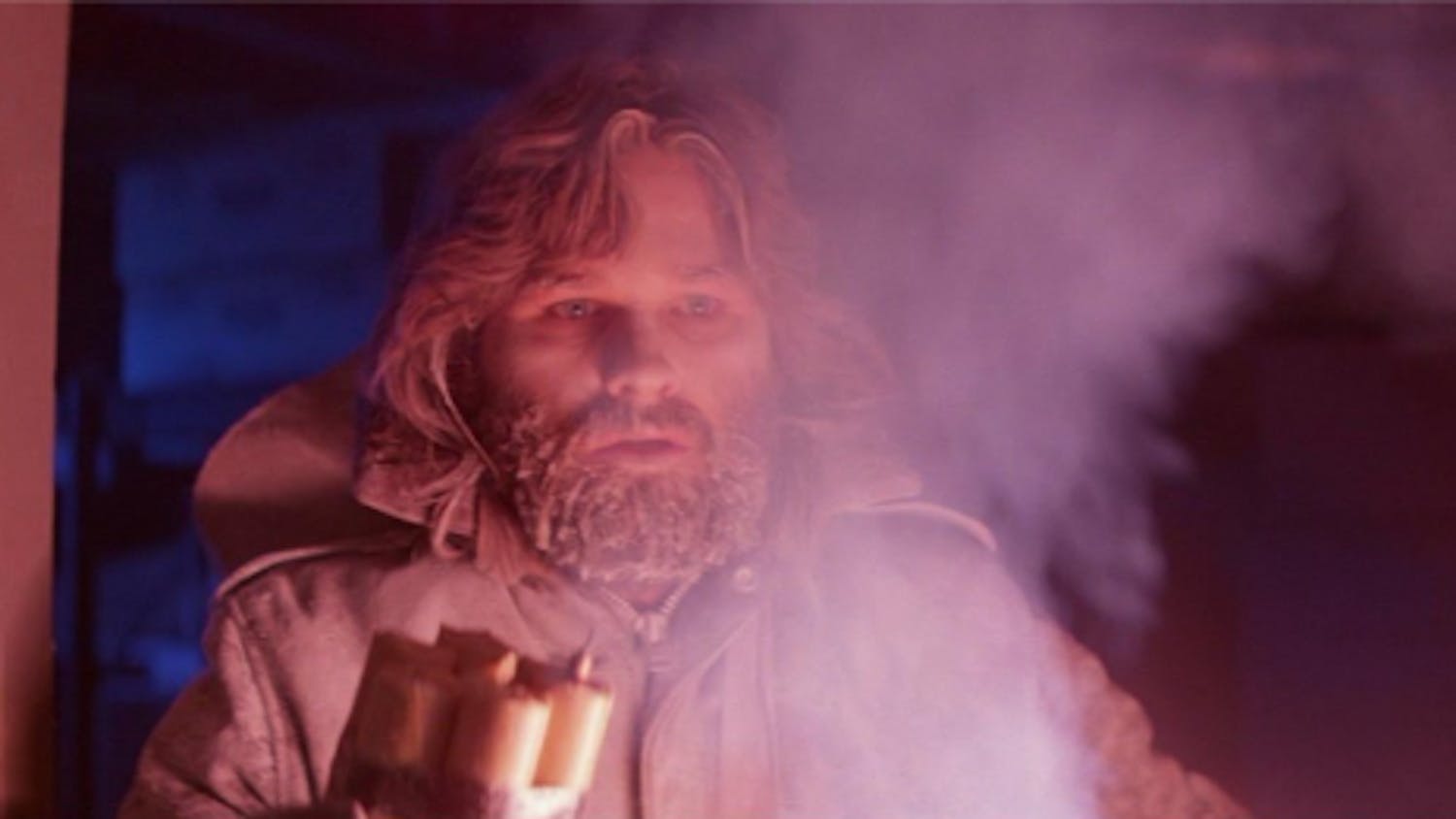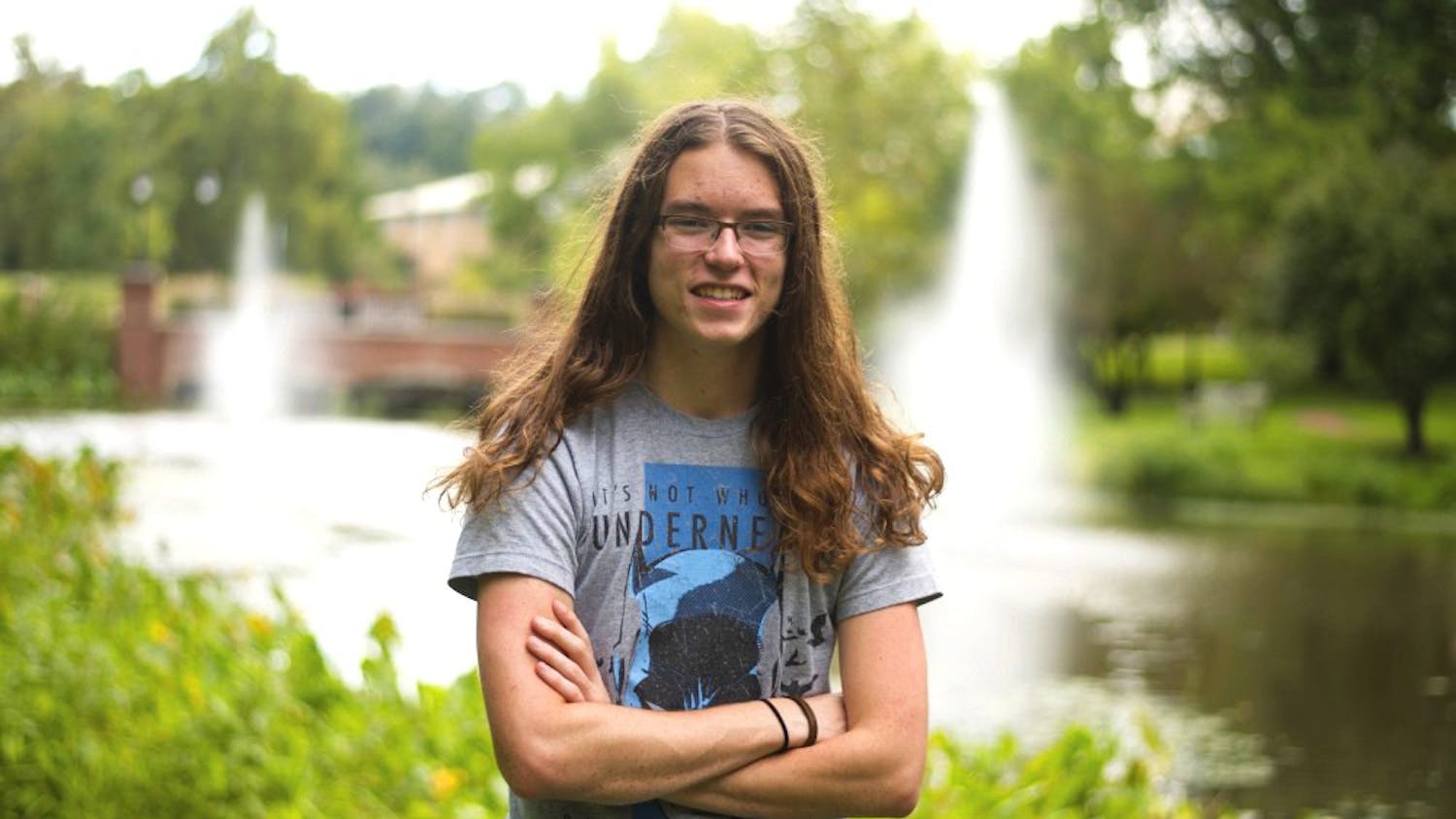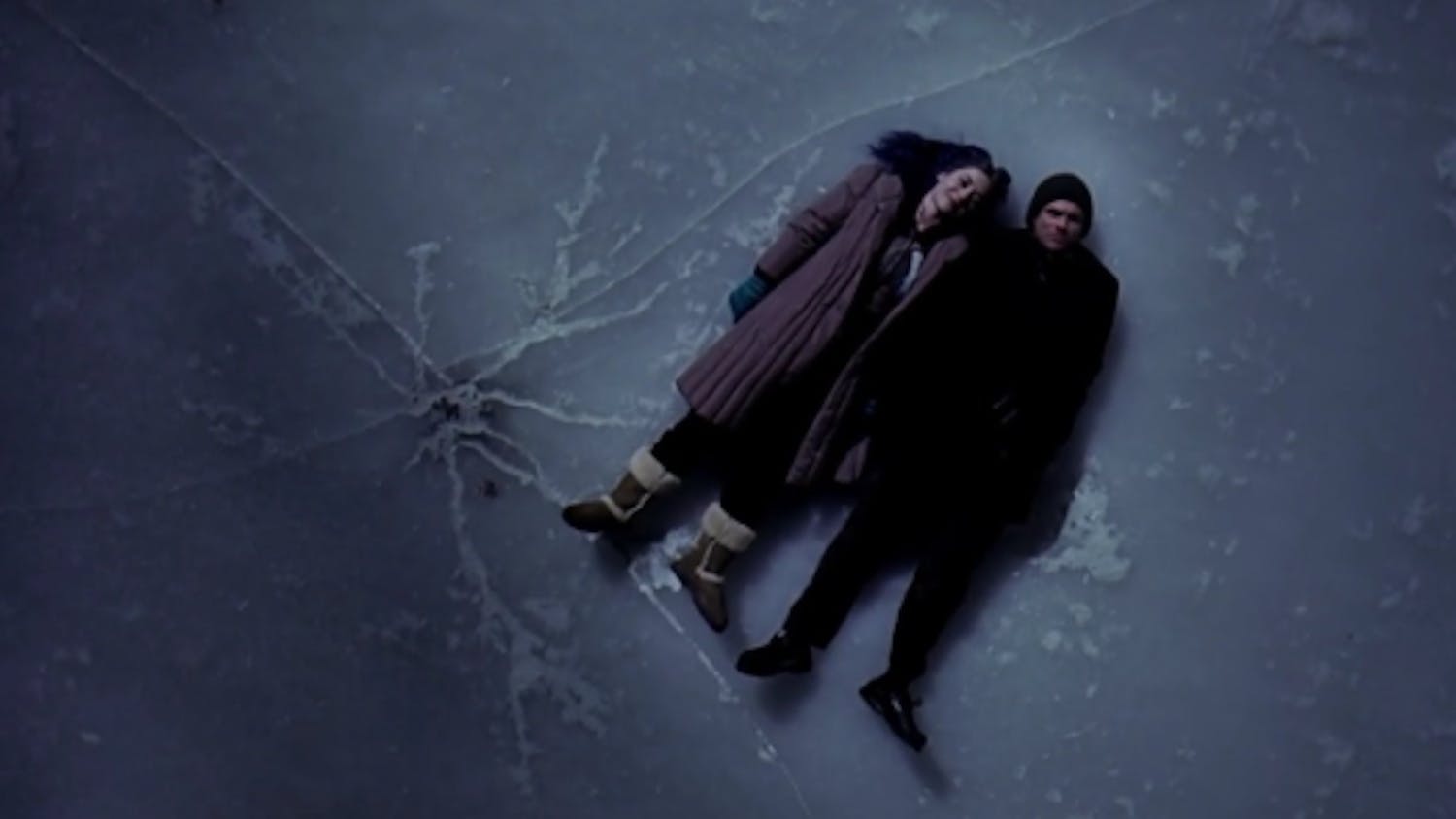Judd Apatow’s Love is a series that’s stuck with me since it premiered nearly six years ago in 2016, whether that’s because of the nerve it struck within or its overall quality is something I’ve grappled with in the four years since it ended. The series took an extremely simple premise and turned it into three seasons of heartbreak, happiness and hilarity.
Love follows two LA-based, single thirty-somethings as they navigate their careers, sexuality, addictions and personal relationships. Gus (Paul Rust) is an on-set teacher for a crappy CW-esque series with aspirations of being a famous writer and director. Mickey (Gillian Jacobs), is working for a faltering internet radio station (think XM) while grappling with her alcoholism and drug and sex addictions. When the two meet by chance, friendship, romance and drama begin to form and crumble around them.
It seems simple, yet, deceivingly, this couldn’t be further from the case. This is mostly because of the series’ focus on modern romance, which is even more complex than what it was in the past. With the quick rise of apps like Tinder and Bumble over the past six years or so, this series couldn’t have premiered at a better time. It allowed the series to address these developments as they happened, much like the series Silicon Valley on HBO lampooned the tech start-up scene with its then-current issues, controversies and acquisitions.
Because of just how complex the dating scene is, as well as how different these characters are, Gus and Mickey’s meteoric rise as a couple seemed destined to fall apart by the time the third and final season came to end. Despite this, the series ended with the couple getting married on Catalina Island. When this happened, I remember having a very bittersweet feeling inside. Yes, I wanted these two to end up together in the end, but where they were in their professional lives coupled with how shaky things were between the two of them just an episode prior to their marriage made this ending feel unearned.
I attribute this rushed ending to Netflix’s (and other streaming services’) loose mandate that a series must be three seasons or less because, statistically, viewership drops off after a show’s third season. Love’s final season was also, coincidentally, its third.
This opinion of mine is backed up by what the entire third season was leading up to before the finale undercut the development to shoehorn in a feeling of finality. Gus was filming his directorial debut, which he also wrote, in hopes of breaking into the industry. This pays off with the project being killed by an actress pulling out, forcing the crew to create a short sizzle reel rather than a feature film. Somehow, his boss, the showrunner for the set of the series he works on, gets her hands on the script of the dead film and gives him a job in the writing room of her next series. There’s no explanation as to how she got that script or even knew that he was shooting a film at all. It feels like a half-assed way to put his career in a good place before the series’ ending.
Mickey, on the other hand, had a sensical ending with her career in a steady, good place and her toxic coworker and radio host, Dr. Greg, being ousted from the company. Her decision to marry Gus doesn’t make much sense though, as she was ready to break up with him in the penultimate episode. Yes, they made up by the end, but usually, people don’t decide to get married out of the blue after a pretty massive argument that almost ended their relationship.
Another thing about Mickey; she had been cheating on Gus with her ex during the second season, something that comes up once or twice throughout the final season, but Gus never learns of it and there are no real repercussions for her, either. It makes a key plotline from the previous season feel pointless and also makes the audience not side with either of them during their fight in the penultimate episode because we know that while Gus has lied to Mickey about his past, Mickey has gone behind his back physically because of her addiction. It’s strange that the series wants us to side with her and when we know what she’s done she will probably get away with it.
The rest of the season was building up to Mickey’s roommate, Bertie (Claudia O’Doherty), breaking up with her toxic boyfriend, Randy (Mike Mitchell), and then getting together with Gus’ friend Chris (Chris Witaske). That all happened, but the inevitable awkward meeting between Randy and Chris was shoehorned into the finale to make the congregation of the series’ characters for Gus and Mickey’s marriage feel more natural than it really was. Seeing Gus interact with Truman (Bobby Lee) and some of Chris’ friends in the finale like they’re also friends with Gus when I don’t recall them ever meeting before that scene is just a strange choice and further backs up my claim: this was not supposed to be how the third season ended.
While the ending has many issues, which were mostly out of the series’ control, I think it did the best it could with the hand it was dealt. Apatow and the other writers probably planned this series to go for at least another season, maybe even two, so this ending would feel more earned and more sensical to the overall plot. The show even addresses its own issues by having Gus and Mickey say it’s weird that everything in their lives is going the right way out of nowhere.
Regardless, Love is a show worth watching and a remarkably quick binge, for those looking for that. Gus and Mickey’s highs and lows as a couple are representative of a greater dating landscape, even if they didn’t meet on an app like most couples these days. Most shows like this, rom-com dramas, don’t focus on thirty-somethings. They focus on younger people just entering adulthood, such as the recent HBO Max series The Sex Lives of College Girls. While Gus and Mickey may not have been the best relationship role models, they exemplified what dating is when you’re out of the newness of adulthood.






